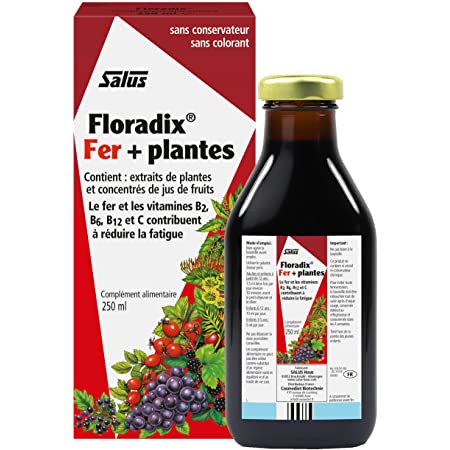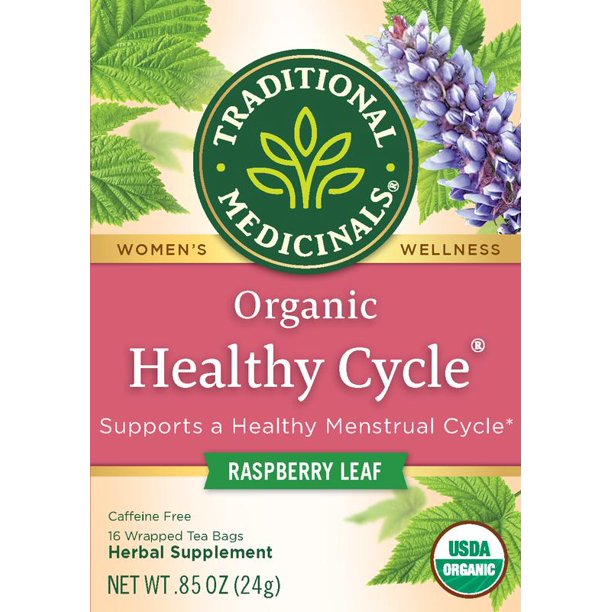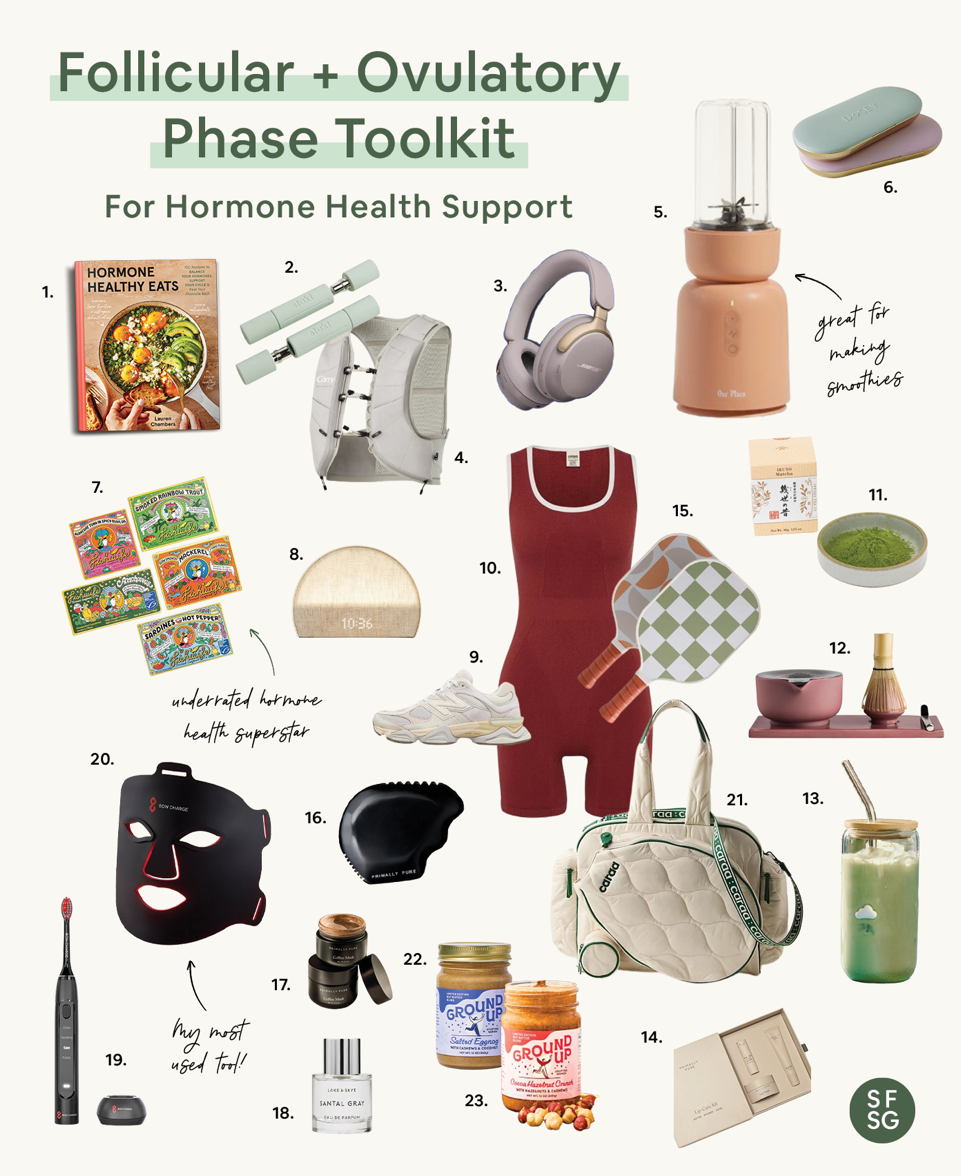recipes
lifestyle
wellness
motherhood
mindset
About
E-Books
Blog
Freebies
partnerships
hi, i'm lauren!
hey there!
I’m on a hot mission to help you balance your hormones & live your best life.
categories
Home
Quiz
Get In Touch
The Course
search:
Cookbook
Recipe key
GF
VG
P
Vegan
Gluten Free
Paleo
DF
Dairy-Free
download now
Join Hormone Healthy Eats!
Become a SFNSG insider to get my monthly Substack, Hormone Healthy Eats! Packed with the latest hormone-healthy recipes
+ tips.
jump to recipe >
MY PERSONAL JOURNEY WITH MISCARRIAGE/PREGNANCY LOSS
An estimated 1 in 4 women will lose a baby during pregnancy, delivery or infancy, and I am one of them.
On January 2nd, 2020, a month after getting my period back post-nursing Eloise, I found out I was pregnant. I was shocked, but also excited it had happened so easily and quickly. It was definitely sooner than anticipated, but my husband and I knew we wanted another child at some point, a sibling for our daughter Ellie (15 months at the time).
A few weeks later, I started bleeding heavily. But after more testing, we discovered instead of miscarrying I was experiencing an ectopic pregnancy. In an ectopic pregnancy, the embryo implants in the fallopian tube rather than the uterine lining and if left untreated can cause the fallopian tube to rupture, requiring emergency surgery.
Luckily, it was early enough where I was able to treat the pregnancy with methotrexate, a form of chemotherapy. This treatment comes with side effects, including nausea, fatigue, vomiting, loss of appetite and a suppressed immune system, but it’s a much simpler option than surgery.
For months after the treatment, I felt overwhelmed with grief, loss, fear and uncertainty. While I was able to physically recover and balance my hormones quickly, emotionally it’s taken much longer to heal, but I can now confidently say I am in a much healthier mental space.
Because connecting with others who went through something similar helped me feel more supported and less alone, I feel it’s important to share my experience, as well as what has helped me balance my hormones and heal personally (and as a nutrition + hormone health coach, working with clients professionally), especially for anybody struggling with miscarriage, pregnancy complications or loss.
I want you to know you’re not alone, I’m holding space for you and we will get through this, together. I hope you find this post helpful and supportive, but in the end every person grieves differently, and nobody knows what you need better than you. So please honor your feelings and give yourself time to process, feel sad, and grieve however you need. Sending you all the love.
WHY DOES MISCARRIAGE HAPPEN?
The most common cause of miscarriage, described as the spontaneous end of pregnancy and loss of a fetus that occurs before the 20th week of gestation, is chromosomal abnormality or genetic error. This essentially begins before you’re even pregnant, about 3-4 months prior to conception, when your egg goes through a major transformation and is essentially genetically reprogrammed. If something goes wrong during this time, there will be chromosomal abnormalities that will eventually result in miscarriage.
I found this to be comforting, as miscarriage is almost never caused by something you did (i.e. that glass of wine or your intense workout), but rather unpreventable forces. It’s essentially your body’s way of aborting a fetus that would not be able to survive outside of the womb or further along in pregnancy.
Other contributors to miscarriage can include an underlying hormone imbalance (especially related to thyroid issues and PCOS), medical conditions like diabetes, a very serious infection or injury, abnormalities in the uterus, or a history of two or more previous miscarriages.
HOW TO REDUCE CHANCES OF MISCARRIAGE MOVING FORWARD
It’s important to understand that supporting egg quality with diet and lifestyle can help REDUCE chances of miscarriage, but it can’t PREVENT it. We can only do the best we can with the information and tools we have, and there is still so much we don’t know and that is out of control, so please do not blame yourself.
That being said, we do know the healthier and more balanced your hormones are, the easier they can carry out their functions, which includes creating healthy eggs, ovulating regularly and consistently, producing enough progesterone to build a safe and cushy endometrium lining for the egg to grow in, regulating your body temperature and immune system to tolerate “non-self” cells in your body, etc.
Thus, because hormone function is essential for a successful conception and healthy pregnancy, the more we can support our hormones through eating nourishing and balanced meals, managing and mitigating stress, reducing exposure to endocrine-disrupting chemicals, boosting the health of our gut through a variety of nutrients, and prioritizing high quality rest and sleep, the more we can help reduce any other outside risk factors.
For a full guide with recipes, foods, herbs, supplements and lifestyle tips to support you on this journey, check out my Fertility Boosting Fundamentals Guide.
For a full guide with recipes, foods, herbs, supplements and lifestyle tips to support you on this journey, check out my Fertility Boosting Fundamentals Guide.
TIPS FOR HEALING + BALANCING HORMONES AFTER MISCARRIAGE
While these tips are based on a combination of conducted research, working with clients as a hormone health professional and my own personal experience with pregnancy loss, I want to make it clear that every woman and couple is different, and what works for the majority may not necessarily work for you.
At the end of the day, there is no rule book from recovering from a miscarriage or pregnancy loss. Every person grieves differently. So please take each tip with a grain of salt and listen to your feelings, body and needs.
1. Give Yourself Time And Space To Grieve
One of the best things you can do is to allow yourself to FEEL all the feelings as they come over you. Resisting it will only prolong the natural process of healing.
In general, the stages of grief are as follows:
- Denial and Isolation
- Anger
- Bargaining
- Depression
- Acceptance
While my healing path seemed to align with those stages, they aren’t always linear. Every person and couple grieves differently, so just allow yourself time to process, feel and go through them, in whatever order, stage or length of time you need.
2. Seek Support When You’re Ready
Because the first stage of grief can often be denial and isolation, it may take you awhile to begin to want to seek outside help or support, and that’s totally okay (for me personally I just wanted to be home, alone by myself).
When you do feel ready, an outside support system, whether it be talk therapy, joining a support group, tapping into your community (I love the Ferticalm App) or leaning on loved ones can be instrumental to the healing process.
3. Let Go of Personal Blame
As we covered early, the majority of miscarriages cannot be prevented. While moving forward, we have tools we can use to help reduce our future risk, at the end of the day a large part of it is out of control.
I hope this gives you permission to take the blame off of yourself. Know that you did not do this, and what happened was beyond your control.
When you feel ready, you can start focusing on the things you actually can control to help yourself feel better and take good care of yourself moving forward.
4. Consume Warming + Nourishing Foods
The two biggest physiological changes that occur in the aftermath of a pregnancy loss, regardless of its duration, are the uterus shedding its lining and hormonal levels dropping. Just as the lining is shed each month with your period, with a natural miscarriage or medical abortion (rather than surgical), you’ll experience bleeding as the uterus empties out, which can typically last for 3-6 weeks.
Eating warm, iron and nutrient-rich foods including soups, stews and bowls made with bone broth, lentils, leafy greens and brown rice will help to replenish lost iron and mineral stores due to blood loss while soothing your digestive system.
5. Take an Iron Supplement
Additionally, taking an iron supplement like Floradix can help compensate for the blood and nutrient loss.
6. Hydrate with Water, Raspberry Leaf + Nettle Tea
While water will help relieve bloating and cramping, sipping on raspberry leaf and nettle tea will work to tone and shrink the uterus back to its non-pregnant state, also known as involution.
Involution is an important part of healing post miscarriage, as the uterus stretches and grows rapidly in the first trimester. Raspberry leaf tea will also help with balancing hormones and toning the muscles of the uterus and pelvic floor, while nettle can help to ease muscle spasms, cramping and pain.
7. Rest
Your body has just gone through some major shifts, so you may experience both emotional and physical ups and downs as it copes with having pregnancy hormones and then dropping them back to a pre-pregnancy state.
This can often include a dramatic decrease in energy, as your body works hard to shed the uterine lining, depleting you of the very vitamins and minerals you need to restore it.
Physiologically, depending on how far along you were in your pregnancy, you might still have quite a few postpartum symptoms as well, including sluggishness and fatigue.
Allowing yourself to rest as much as needed can be extremely healing and hormone balancing. Prioritize sleep, sneak in naps, lay on the couch, or skip movement/exercise if needed. Now is a time to rest and restore as your body and hormones work hard to get back to their pre-baby state.
8. Don’t Push Physical Activity
When it comes to physical activity post-miscarriage, it’s important to do with what feels food to you, as well as getting the okay from your medical provider (especially if you had to undergo surgery).
If your loss occurred fairly early on in your first trimester, your body may recalibrate quickly, and you may be able to return to your regular exercise routine. But if you had a later term loss or are still experiencing symptoms such as bleeding or cramping, it may be best to abstain from physical activity or focus on gentle movement like walking or restorative yoga while your uterus heals.
Ultimately, this is one where you really need to listen to your body and go with what feels best, both physically and emotionally. For me I practiced lots of yoga nidra, which felt very healing during the time period, and limited all other forms of intense exercise until weeks later when I had more energy.
9. Do Things That Make You Feel Good
As we’ve covered, miscarriage is often beyond our control, which can make us feel like we’ve lost all sense of it. While it’s important to acknowledge this fact (and let go of any personal blame) when you’re ready it can be extremely healing to start focusing on what you can control, including doing more things that make you feel good.
These may include items from this list (like eating nourishing foods and seeking support from loved ones) or it may be something entirely different (binging on netflix, reading a good book, eating your favorite comfort meal, or even sharing your story with others). Trust that the only right way to heal is the way that feels right for you, and that the better you feel physically and emotionally, the better place you’ll be in to eventually try for another baby (when ready).
BOTTOMLINE
Miscarriage is in most cases unpreventable, and not caused by anything YOU did. While conducted research shows the tips listed above can help with the healing process, there is no rule book for recovering from miscarriage. Every person grieves differently, and it’s important to do what’s best for you.
Ultimately, it can be helpful to allow yourself time to FEEL, process and go through the stages of grief, however they occur for you. Focus on the things within your control, when ready, that help you feel your best and taken care of.
On a personal note, I firsthand know how difficult this process can be. For me, it was truly helpful to connect to others who went through a similar experience and know I was not alone, which is why I chose to share my story with you. I hope it helps you feel supported during what can be a very dark time. You are not alone, I am here holding space for you.
MORE HORMONE BALANCING RESOURCES
+ Conceiving After Miscarriage — My Personal Journey
+ How To Support Your Hormones During Stressful Times
+ Fertility Boosting Fundamentals Guide
SHOP TOOLS FOR MISCARRIAGE HEALING + HORMONE BALANCE
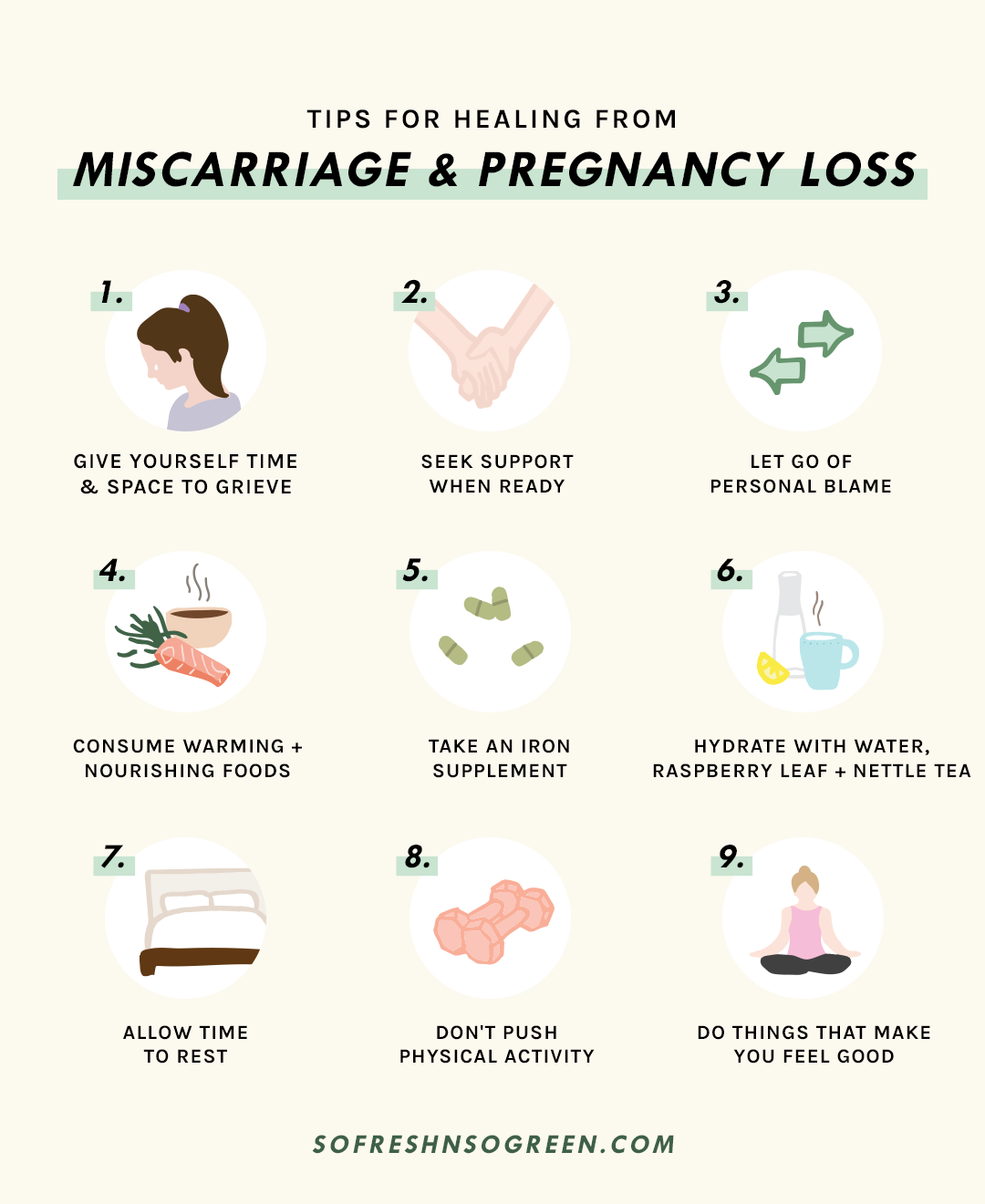
If you loved that...

01.

02.

03.

04.
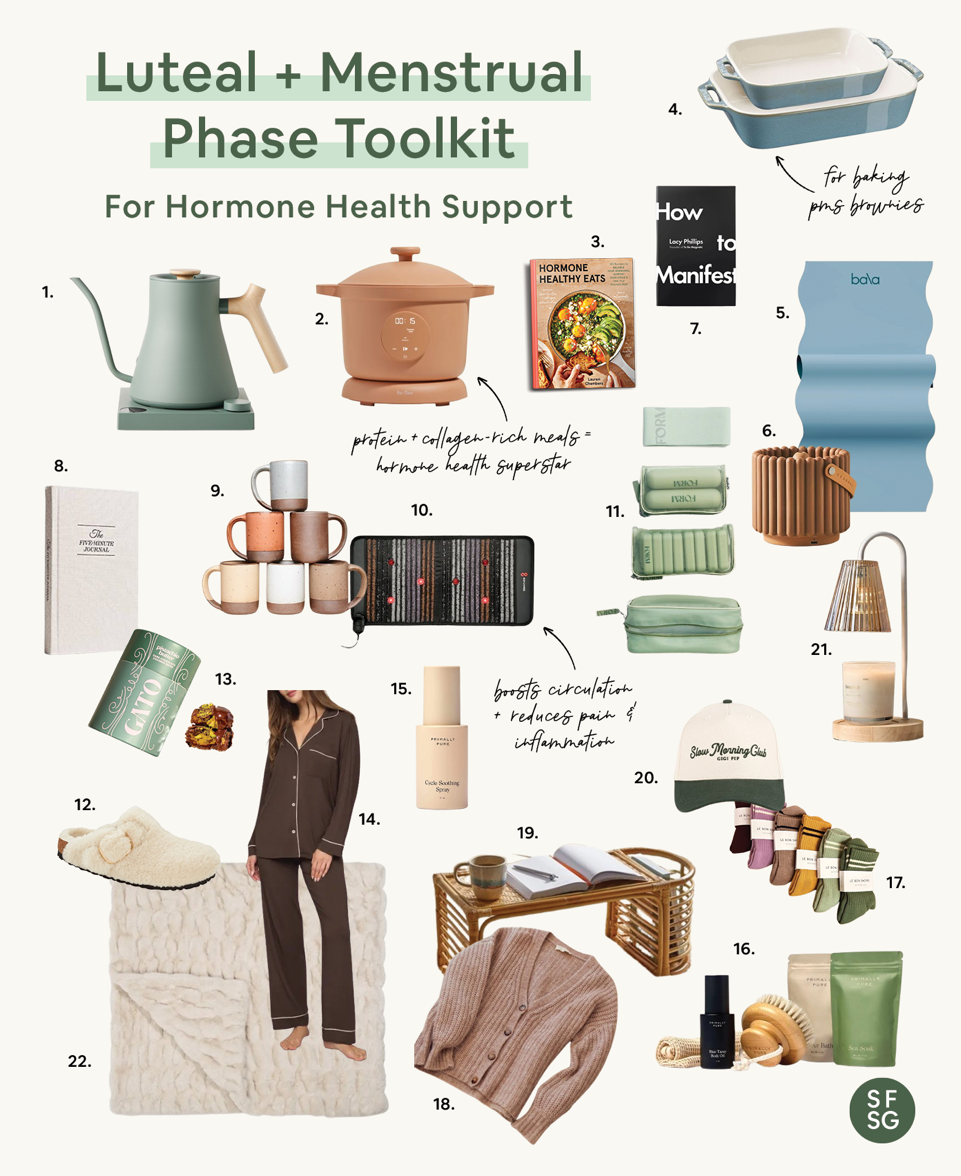
05.
hey!
Keep Browsing
Site
Keep Browsing
Site
the
about
e-books
blog
downloads
quiz
Welcome friend, I'm lauren.
I’m honored to support you on your journey to optimal hormone health + happiness. Thanks for being here babe.
